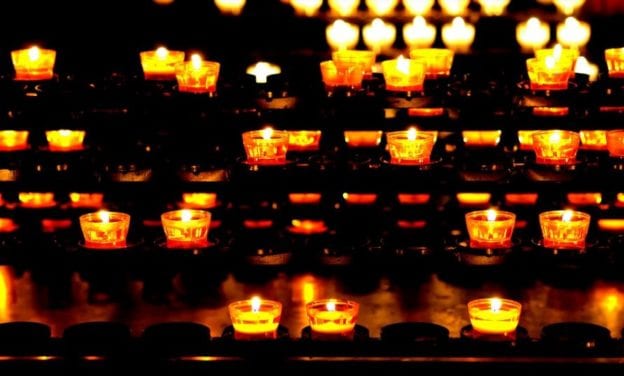After cremations in Beltsville, MD, families of the deceased are faced with many tasks to wrap up the lives of loved ones who have died. If your family doesn’t have what they need to complete these tasks, life will be even more difficult for them than it is already with you gone.
There are several things that you need to have ready when you die.
One of those things is a legal document that is, at the very least, signed and dated by you that tells how you want your assets and your personal belongings distributed. There are several legal instruments that accomplish this for you to choose from.
The simplest of these is a will, which appoints an executor to carry out your wishes. You can either have an attorney draw the will up, or you can create it yourself using software or online websites for making wills. If an attorney does the will, they will take care of getting it witnessed and notarized, which makes the will less likely to be contested. If you create the will yourself, it’s legally-binding as long as you sign and date it, but you should have it witnessed and notarized if you’re able. There are notary services that can this, and if you have accounts at a bank, they will often provide this service at no cost.
Irrevocable and revocable trusts are the other two legal instruments to distribute assets and personal belongings.
Revocable trusts set up stipulations that cover both becoming mentally incapacitated – such as with dementia – and death. If you create a revocable trust (you will set it up with an asset of either cash or property) and you change your mind about beneficiaries, you can change the trust. Revocable trusts are not subject to probate.
Irrevocable trusts cannot be changed once they are set up. Even if you change your mind about beneficiaries down the road or you want to remove assets, you are not able to do so once an irrevocable trust is set up and funded.
The other things you need to have in place before you die are your digital assets. Whoever you want to handle finances needs to have your online banking login information (this does not mean they, while you’re living, have access to your money, unless you add them to the accounts).
You also need to document all online account information for credit cards, for investments, for shopping sites, and for pharmacies. After you die, credit cards will need to be cancelled, investments will need to be managed, shopping site accounts will need to be deleted, and auto-refill prescriptions at pharmacies will need to be stopped.
Additionally, access will be needed for the sites you use for digital device – smartphone, tablet, etc. – service if that plan needs to be cancelled after your death.
All email account information, social media account information, and other digital information also needs to be documented. You may have email accounts that are linked to financial and asset accounts that your family will need access to. Social media accounts might or might not be cancelled, depending on what your family decides to do with the accounts, but access will be needed. If you have your own website or blog or you self-publish books on a service like Amazon, your family will need to be able to access those accounts and decide whether to keep them active or to delete them.
If you’d like to about being prepared to die before cremations in Beltsville, MD, you can talk with our knowledgeable team at Donald V. Borgwardt Funeral Home, P.A. You can visit our funeral home at 4400 Powder Mill Rd., Beltsville, MD, 20705, or you can call us today at (301) 937-1707.


